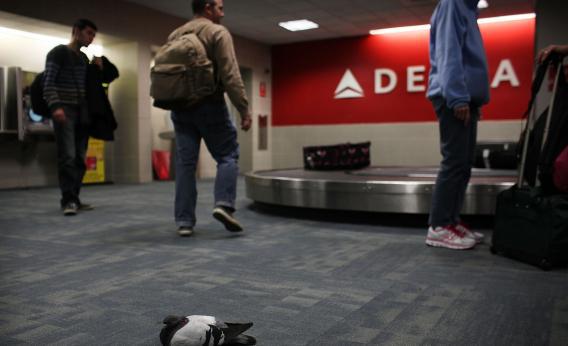Lori Ranson writes that airlines are looking to ancillary service fees to restore profit margins and help “withstand fuel price volatility.”
The problem here is that airlines aren’t so much suffering from “volatility” (which can be hedged away) as they are simply from high oil prices. Expensive oil means expensive jet fuel means sharply reduced operating margins unless you can fully pass the price of fuel on to consumers. If the market for air travel were totally uncompetitive you could try to make that work, but it’s not totally uncompetitive. There are plenty of routes on which you have multiple carriers offering comparable services, and you have plenty of routes where driving (or, less frequently, a train) is a plausible alternative. So you’re just squeezed. Realistically, the most promising business strategy is to do what American Airlines is trying to do and force your employees to eat the losses in order to remain in a competitive position, but the only way for them to implement their union-screwing strategy is to go bankrupt first and that has obvious limits as a business strategy. It’s probably no coincidence that Southwest Airlines has both the only real track record of long-term success in passenger aviation and an unusually pleasant and cooperative relationship with its labor unions. The interests of labor and management in this industry aren’t all that different, and if you have an atmosphere of trust it should be possible to work things out. But though that kind of arrangement is typical in, say, Germany it’s very unusual in the United States and leaves airlines basically hoping that they can trick people into paying more for “everything from baggage allowances to extra legroom” without noticing.
